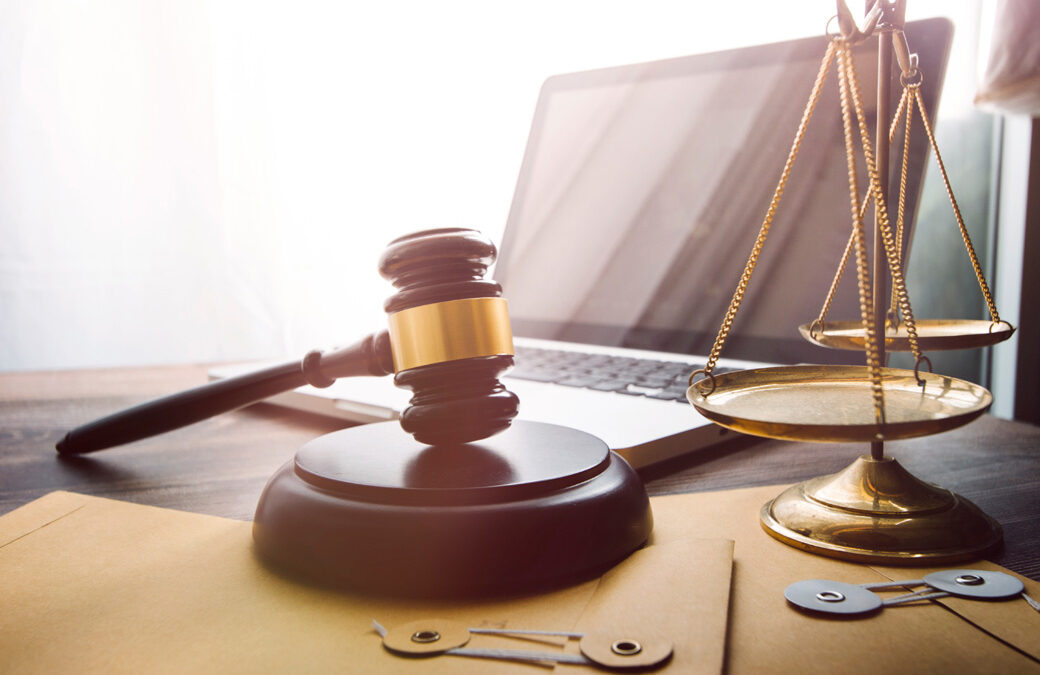Setareh Law
June 23, 2023
Finding yourself embroiled in a personal injury lawsuit can feel overwhelming, not only because of the complexity of the legal system but also due to privacy concerns. The fear of revealing personal information to unfamiliar individuals or entities can be unnerving.
At Setareh Law, we understand our clients’ concerns, and we go above and beyond to ensure the highest levels of privacy and confidentiality. We also work to educate our clients on both the legal system and the privacy rights that they have. Let’s delve into what right to privacy you have during the personal injury process.
Understanding the Role of HIPAA in Protecting Privacy for Medical Records
The Health Insurance Portability and Accountability Act (HIPAA) is a key player in protecting your medical privacy during a personal injury case. HIPAA ensures that healthcare providers, insurance companies, and other covered entities cannot disclose your health information without your consent.
However, it’s important to understand that in a personal injury case, you may be required to provide consent to release certain health information. This is typically information directly relevant to the injuries claimed in the lawsuit. Your attorney can guide you through this process, helping you understand what information may need to be released, ensuring the release is properly limited, and fighting any attempts to access irrelevant information.
Exceptions to Privacy: What Cannot Be Kept Private
Sensitive information like medical records, employment history, financial statements, or even social media content can come into play during the litigation process. Any inconsistency in these documents can be used against you in the lawsuit.
Paystubs & Employment Records
In personal injury cases, pay stubs cannot remain private because they are crucial in determining lost wages. If your injury has affected your ability to work, your pay stubs provide a clear picture of what you used to earn and how your earning capacity has been affected by the injury. They offer factual and concrete evidence, thereby helping in quantifying damages accurately.
This information is essential when evaluating how the injury has affected your ability to work and earn.
Mental Health Records
While it might seem invasive, mental health records are relevant if your mental health is a central issue in your claim, for instance, if you’re claiming emotional distress. The opposing counsel may want to verify whether your claims match your mental health history. However, your attorney can still argue against the disclosure of irrelevant mental health records.
Disclosing Financial Records
Your overall financial affairs, including assets, debts, and other financial responsibilities, might come into play during a personal injury lawsuit. For example, if you are claiming a significant loss of future earnings, the defendant may scrutinize your financial affairs to challenge this claim.
Medical Records
Medical records directly related to your injury are typically disclosed in a personal injury lawsuit. They provide evidence of your injuries, the extent of those injuries, the treatment you’ve received, and the prognosis for your recovery. However, it’s essential to sign a release only for these specific medical records. Never sign a release to your complete medical history without consulting your lawyer.
Social Media
In the modern era, social media platforms have become a treasure trove of information that can be used in personal injury lawsuits. Your posts, photos, or comments could potentially refute or confirm aspects of your claim. Therefore, it’s critical to be mindful of your online presence throughout the litigation process.
Safeguarding Documents in a Lawsuit
The discovery process, an essential part of litigation, requires parties to exchange relevant information, including documents and other records. Your personal information could be at risk in various ways during this process, especially if there’s inadequate protection.
Despite the inherent risk, it is crucial to remember that the judicial system has mechanisms in place to protect your privacy. All court documents are subject to the rules of civil procedure and local court rules about what documents should be part of the public record. Additionally, certain documents can be redacted or sealed to protect information that’s not relevant to the case, or that could infringe on someone’s privacy.
Ultimately, how much personal privacy risk you face in a lawsuit depends on the specifics of the case and the parties involved. Working with an experienced attorney can help minimize the risks and ensure that all parties are protected.
Assert Your Right to Privacy By Reaching Out to Setareh Law Today
Ironically, keeping too much information private can be detrimental to your case. Transparency is essential in personal injury lawsuits. By withholding information, you risk losing credibility or even having your case dismissed. It’s best to provide all relevant information to your attorney, who will know what needs to be disclosed and how to best protect your privacy.
Therefore, seeking help with navigating the murky waters of your personal injury case is key. At Setareh Law, we understand the value of privacy and will fight vigorously to keep your information confidential while pursuing a positive outcome for you. Contact us online or call us at (310) 659-1826 to schedule a consultation to discuss your privacy concerns and your case. We also speak Spanish.


